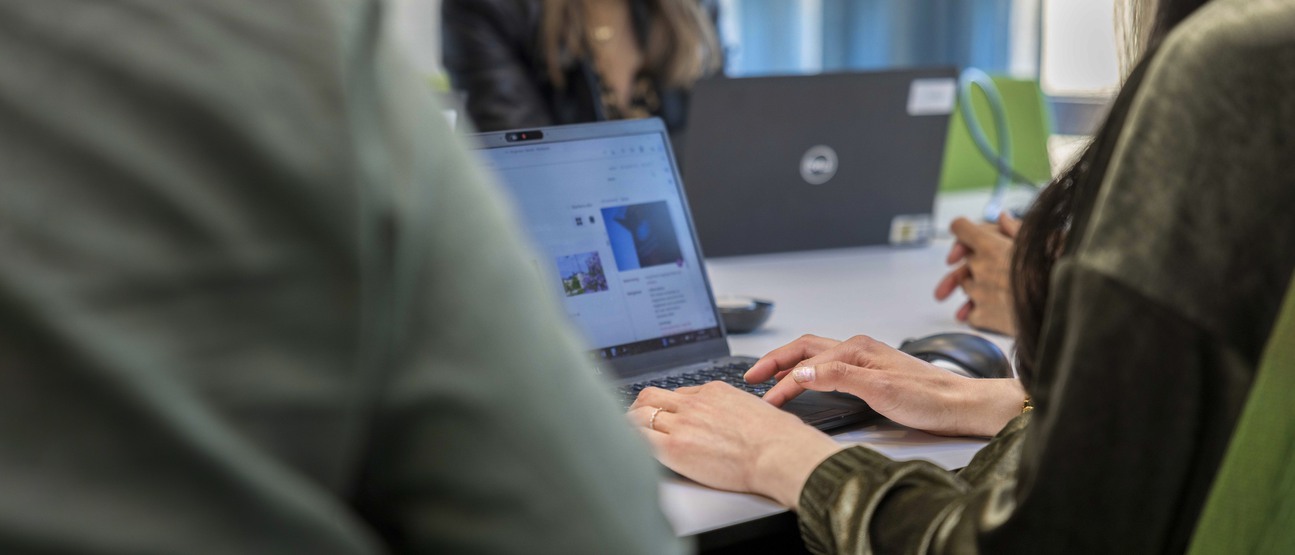Danilo Brozovic
School of Business


We conduct research on how organisations develop and adapt through strategy, flexibility, entrepreneurship and resilience – for a sustainable and viable future.
Our research contributes to sustainable development and viable organisations in both the private and public sectors. Through research in strategy, flexibility, entrepreneurship, resilience, organisation and service management, we explore how and why organisations are created, developed and strategically adapt in a changing world.
We work to promote interdisciplinary collaboration that strengthens the exchange of knowledge across subject boundaries.
With its research, SFERE aims to contribute to sustainable, flexible and competitive organisations equipped to meet the challenges of the future.